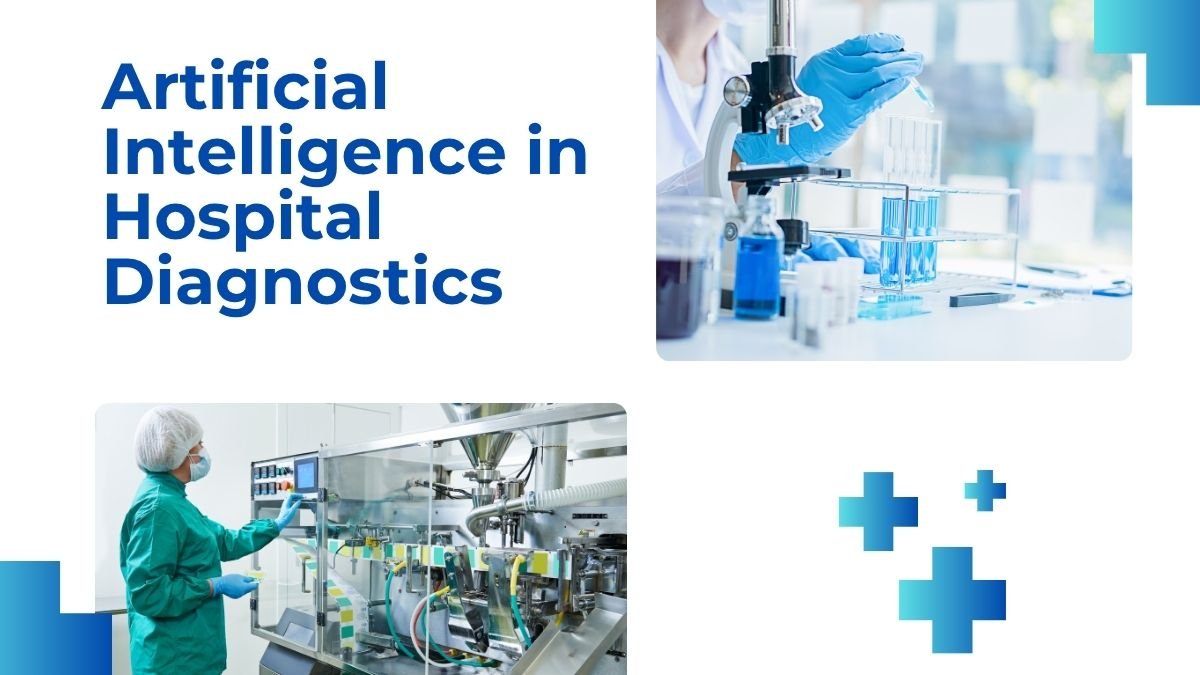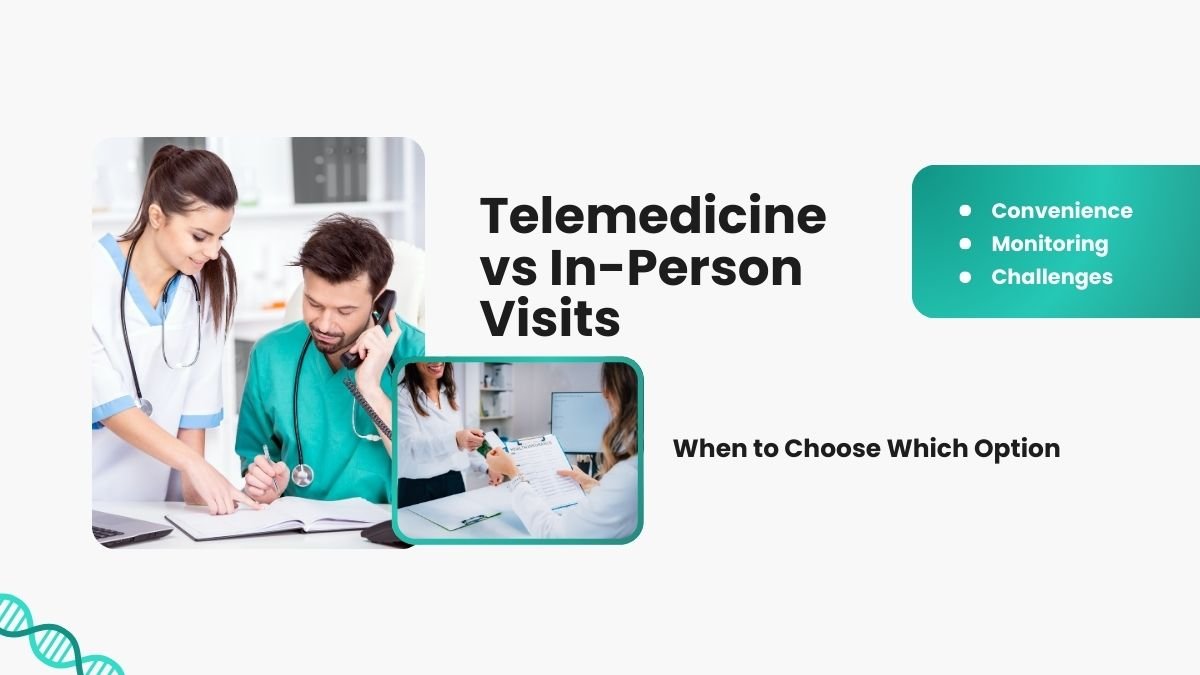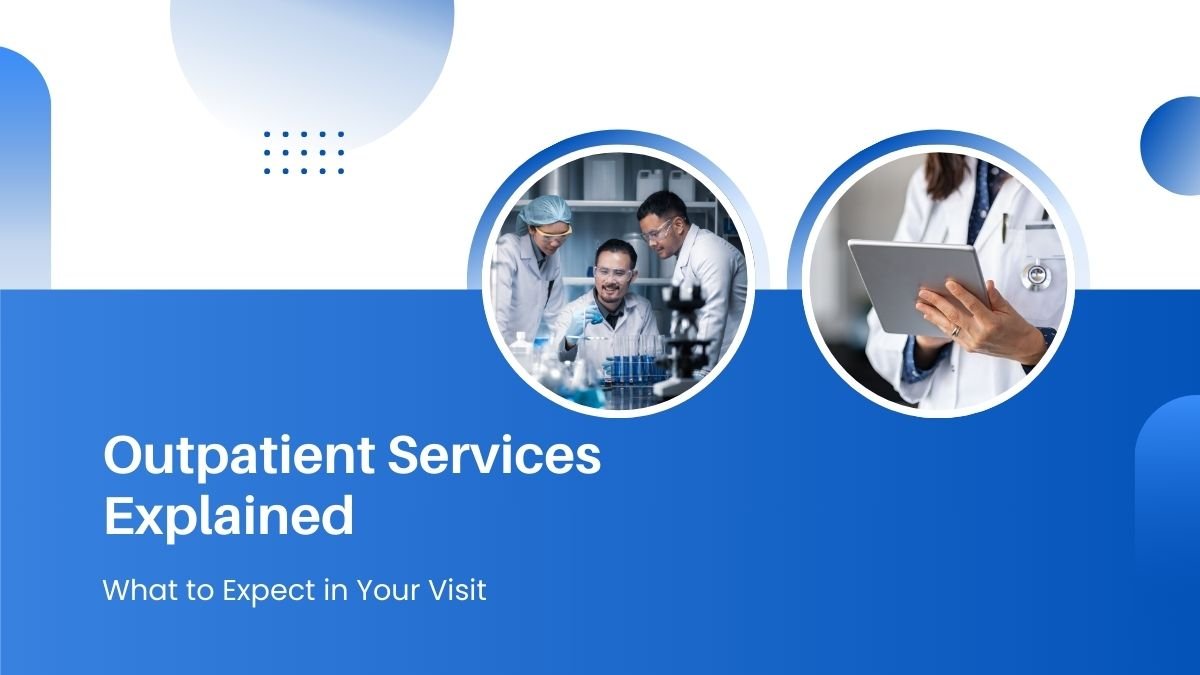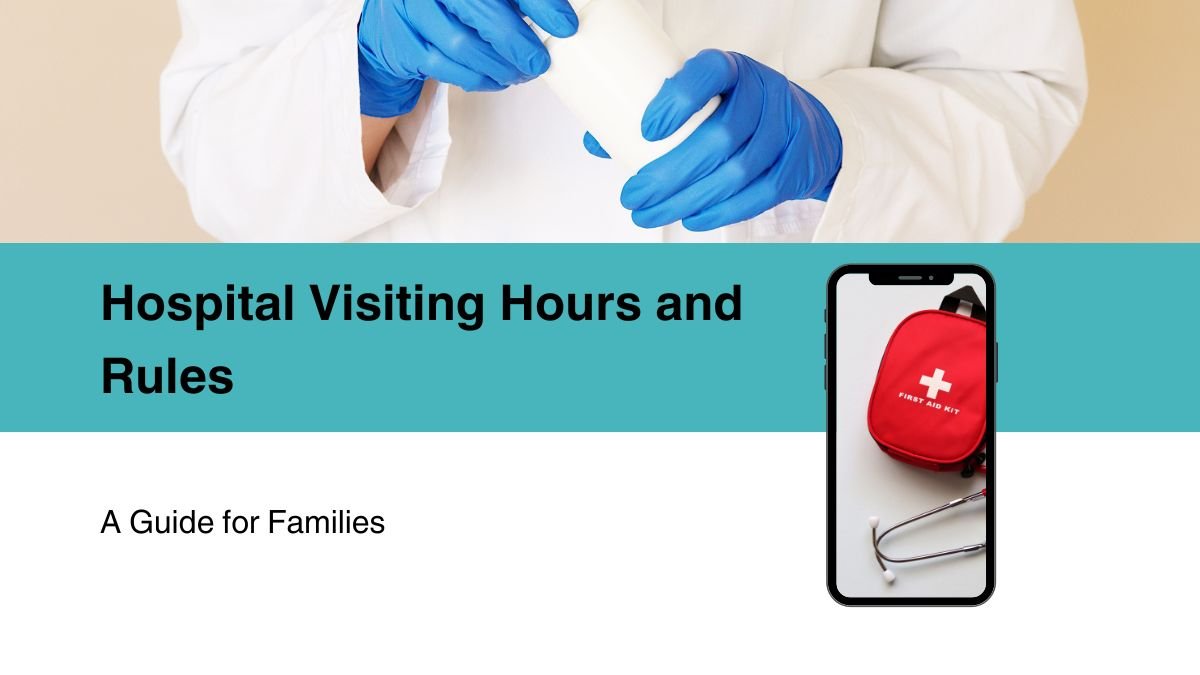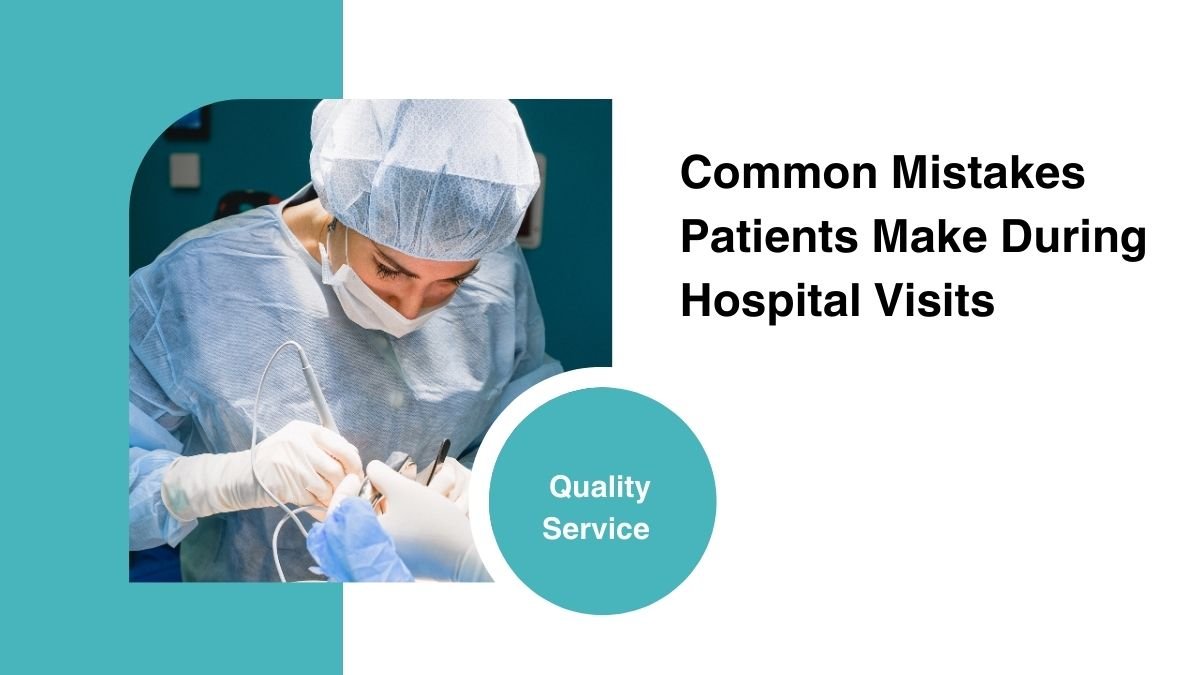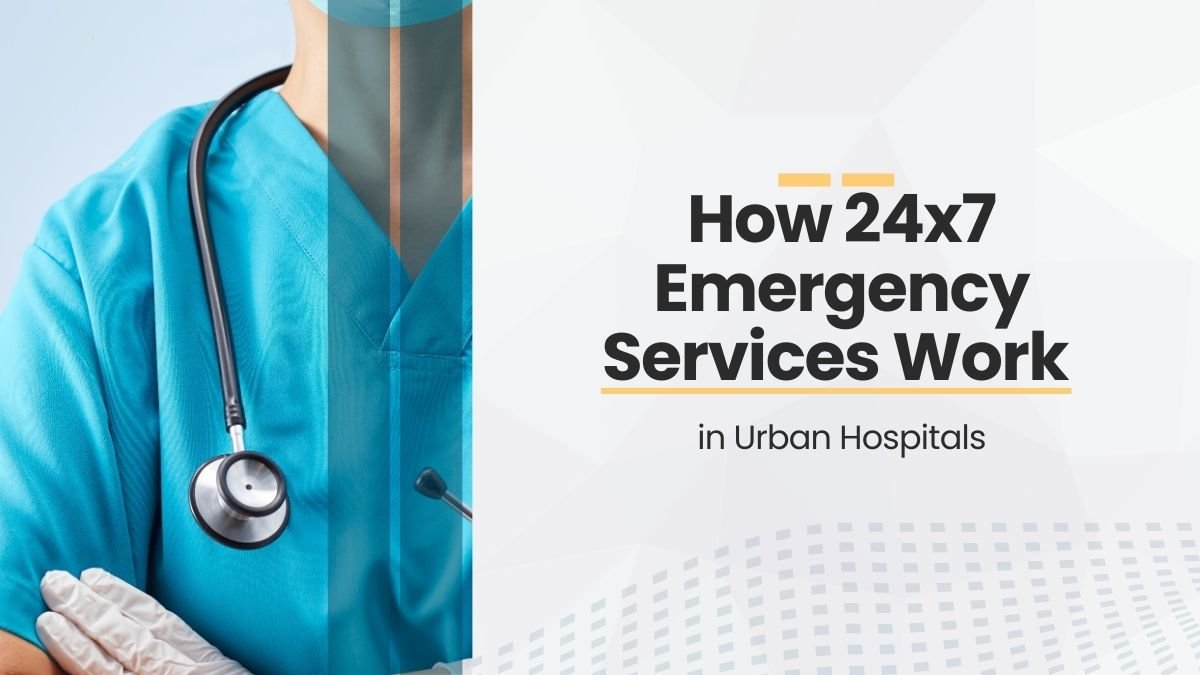Now disease identification will be fast and accurate – Growing role of Artificial Intelligence (AI) in hospitals In today’s digital age, not only humans, but machines have also started understanding and learning a lot. One such technology is Artificial Intelligence, which we call AI in short.
AI has now gradually entered hospitals as well and there it is revolutionizing the diagnosis and identification of diseases with the help of doctors. Have you ever wondered how much time it would take a doctor to read an X-ray or MRI report? Now AI does the same work in a few seconds—that too without getting tired and without making any mistakes.
Let us know how AI is working in hospitals and how much better the treatment of patients is being done with its help.
How is AI changing the way of identifying diseases in hospitals?
AI means a machine or software that can think, learn and take decisions like a human. It is specially designed to understand and analyze large amounts of medical data, reports and images.
Let us understand one by one where this technology is being used in hospitals.
1. Medical image examination – fast and accurate report
A radiologist reviews the report whenever X-rays, CT scans or MRIs are performed on patients. There are times when even minute abnormalities such as small tumors, fractures, or infections may be missed.”
What does AI do?
The AI system examines these images with deep learning models and catches even the smallest changes.
For example, AI is proving to be very accurate in identifying the early stage of breast cancer.
This also gives the doctor a second opinion and the patient gets treatment quickly.
2. Reading reports written by doctors – the magic of NLP
Every doctor writes down the condition of his patient in notes. However, notes often appear unstructured and in complex language. So, the part of AI that proves useful in such situations is the Natural Language Processing (NLP).
What does NLP do?
- This technology reads the doctor’s handwriting or typed report.
- It automatically extracts information about the patient’s history, medicines, risks and symptoms.
This gives correct information about the patient’s previous diseases and their treatment, which helps a lot in the treatment of the new disease.
3. Lab test investigation – now fast and reliable
Hundreds of tests are done daily in clinical labs – like blood test, urine test, biopsy etc. There is always a possibility of error from humans.
What is the benefit of AI?
- Analyzes test results quickly.
- Can catch unique patterns or changes that a human technician may not be able to see.
- Makes the entire process automated.
This takes less time to get the report and the patient gets treatment quickly.
4. Virtual Assistants – Ready to help at all times
Now many hospitals have launched AI based health assistants that help patients in the form of chatbots or apps.
What do these virtual helpers do?
- Remind the patient to take medicine.
- Send reminders for the next appointment.
- Give general information related to the disease.
This makes patients feel that they have a health companion with them all the time.
5. Predicting diseases – future prevention
AI is now not only treating, but also predicting the risk of diseases.
How?
Analyzes the patient’s old medical records, eating habits, lifestyle, genetic profile etc.
Then it estimates how much the patient is at risk of diabetes, heart attack or cancer.
With this, a person can change the lifestyle in time and prevent the disease before it starts.
AI is also being used in some special areas
Below are some examples where the use of AI is proving to be very effective.
- Burn Management:
AI detects the severity of the burn, tissue damage and the need for an operation by looking at the picture of the burn. This reduces human errors in treatment. - Diabetic Foot Ulcer:
AI tells how serious the wound is by looking at the photo of the ulcer and what treatment is needed, so that infection and amputation of the foot can be avoided. - Skin, Hair and Nail Examination:
Google has developed a technology with the help of AI that can identify the disease by looking at the photo of the skin. Such as stains, fungal infection, hair fall etc.
Benefits of AI – When technology does wonders in health
The use of AI in hospitals is beneficial for both patients and doctors in many ways.
- High Accuracy:
AI catches even the smallest of errors that may not be visible to human eyes. - Reduced Human Errors:
AI does not get tired, does not lose focus, so the chances of wrong reports are very low. - Faster Diagnostics:
In many cases, the report is ready in minutes, which allows the patient to get immediate treatment. - Improved Efficiency:
Doctors save time and can pay more attention to complex cases. - Personalized Medicine:
It has now become easier to make a treatment plan according to the condition of each patient. - Early identification of disease:
With the help of AI, diseases are caught at an early stage, so that treatment can start early and prevention becomes easier.
Some responsibilities and precautions with AI
Even though AI is very helpful, some ethical and social questions are also associated with it.
- Data Misuse (Data Privacy):
Patients’ personal information should be safe. It is important for AI to collect data, but it should not be leaked. - Bias (Algorithmic Bias):
If AI is trained on wrong or one-sided data, then its decisions can also be biased. - Explainability of AI:
It is important to understand how AI takes decisions, so that doctors can trust it. - Impact on human staff:
Some jobs may change due to AI. But it should be kept in mind that AI is not a replacement for doctors, but an assistant working with them.
Conclusion – AI and hospitals are changing the picture of treatment together
Well, and AI has grown big; it is not the future yet. Seemingly a fast, accurate, and efficient intervention, increasingly worldwide, perhaps even in present operational theaters. From identifying the disease to planning treatment, AI is becoming a companion of doctors at every step.
Even though there are some challenges with it, but with the right policies, data security, and supervision of doctors, AI can take healthcare to new heights in the times to come.
